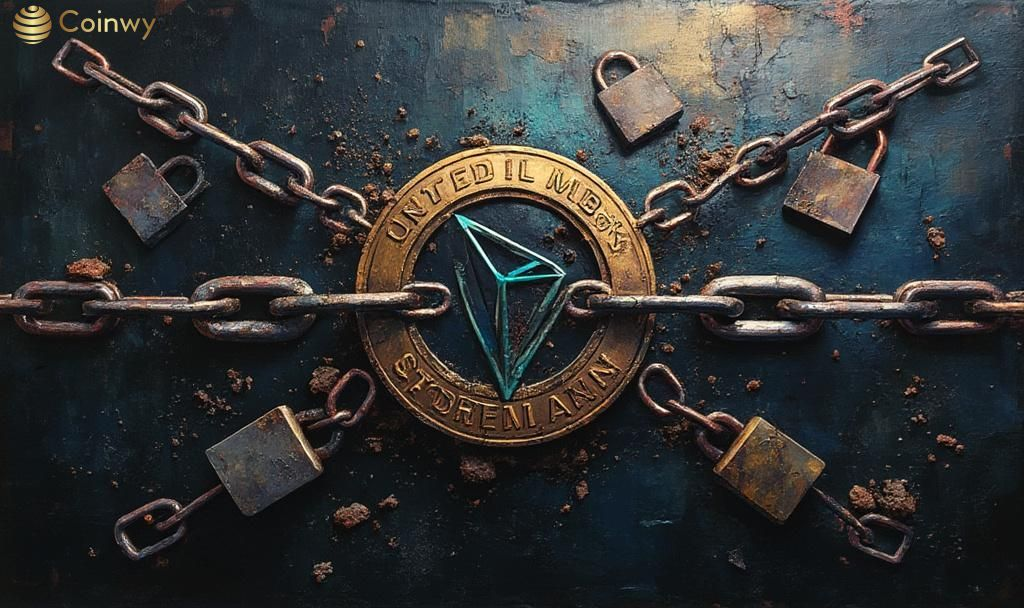- Main event, leadership changes, market impact, financial shifts, or expert insights.
- Rostec launches Tron-based RUBx stablecoin.
- Project targets sanction-related financial isolation.
The initiative reflects Rostec’s response to financial isolation challenges, highlighting a potential shift in state-owned enterprises’ financial strategies.
Introduction to RUBx
Rostec stands at the forefront of circumventing banking restrictions with its Tron-based RUBx stablecoin. The stablecoin project, led by Deputy General Director Alexander Nazarov, enables Rostec to maintain financial operations despite international sanctions.
“The RUBx stablecoin provides a digital solution to Rostec’s banking challenges, supporting one-to-one ruble backing modeled for legal security,” said Alexander Nazarov. “Each RUBx token is supported by genuine ruble-denominated obligations. This backing is legally secured. The token maintains a one-to-one ratio with the actual ruble. We plan to launch the system within this year, with Rostec acting as the primary operator.”
Integration with Tron Blockchain
Rostec plans to integrate the Tron blockchain with its financial framework. This move sets a precedent for state enterprises using stablecoins to navigate economic isolation, potentially influencing similar strategies. The project taps into Russia’s broader ambition to reinforce its digital asset capabilities.
The strategic use of the TRON protocol positions it as a crucial player, encouraging potential engagement from Russian entities. However, while offering an alternative financial route, regulatory scrutiny remains a relevant challenge.
Challenges and Opportunities
The initiative responds to sanctions by prioritizing internal reforms, gracefully integrating Russia’s ventures into cryptocurrency markets. Historical parallels with state-backed coins suggest the measure aims to remain resilient amidst economic pressure.
Sentiments within professional circles predict declining reliance on traditional finance. The decentralized approach, while innovative, could face external opposition, particularly under international regulatory lenses and compliance measures.
Analysts emphasize that, while promising, these ventures may encounter roadblocks. Rostec and similar entities could redefine digital finance by bolstering state-backed crypto dynamics within constrained economic environments.






